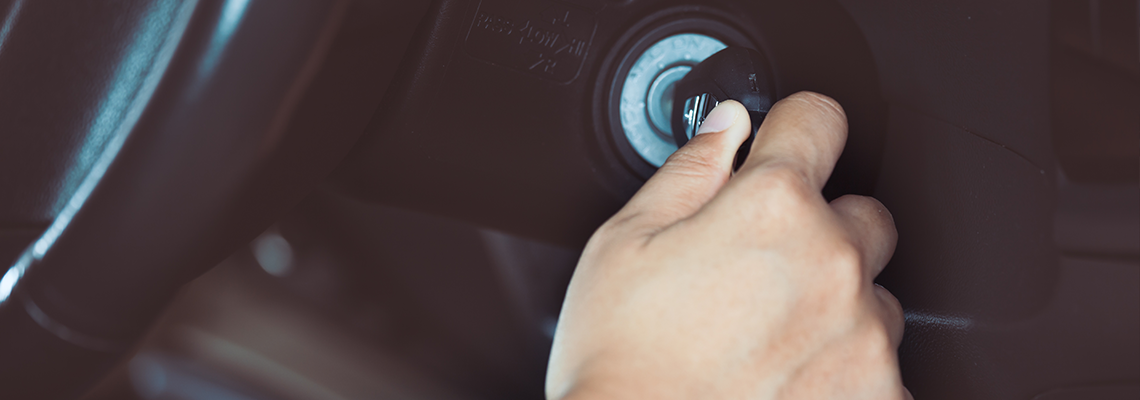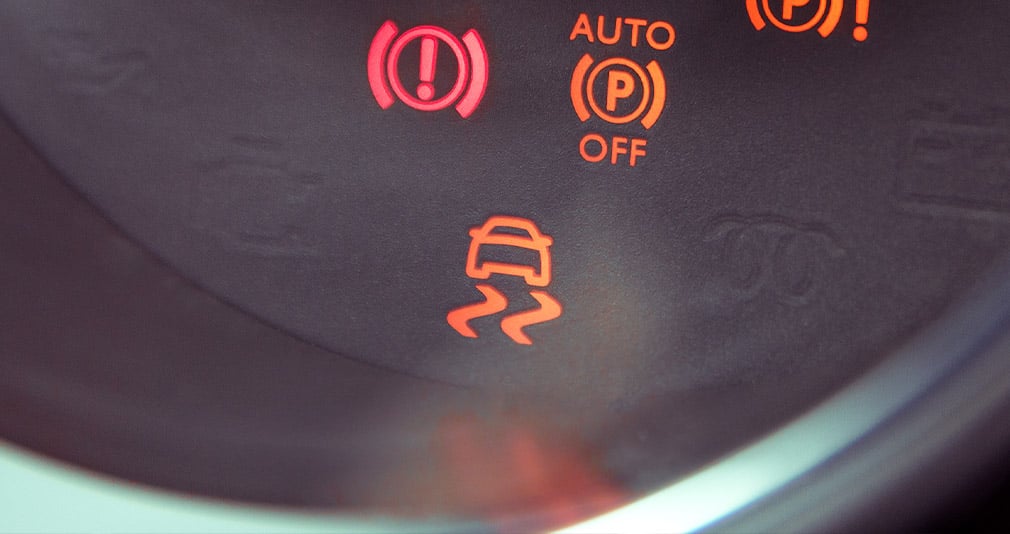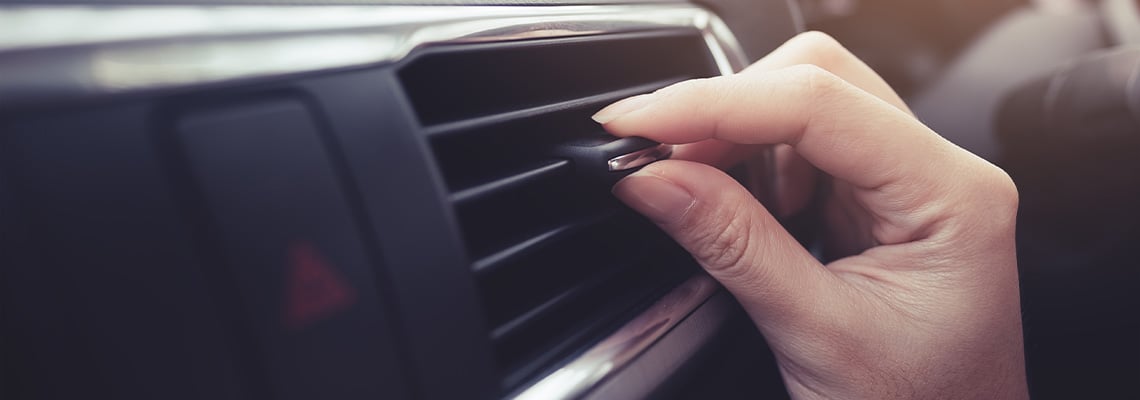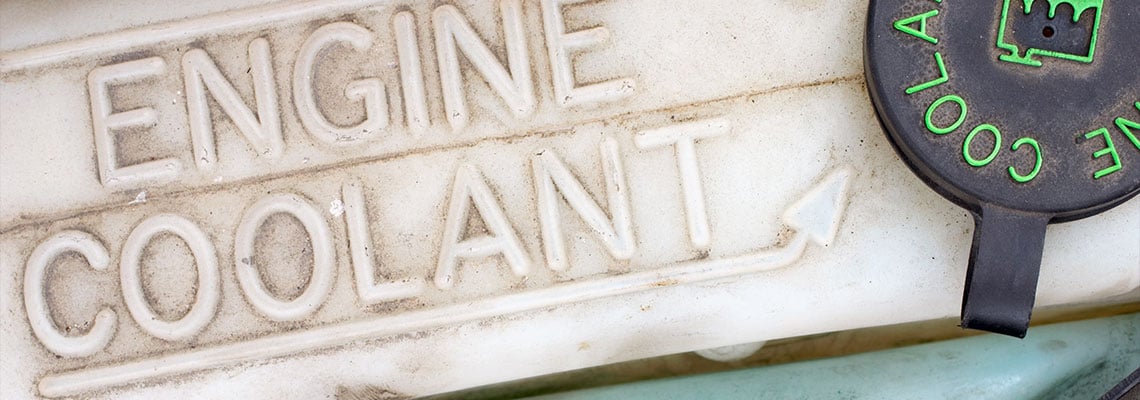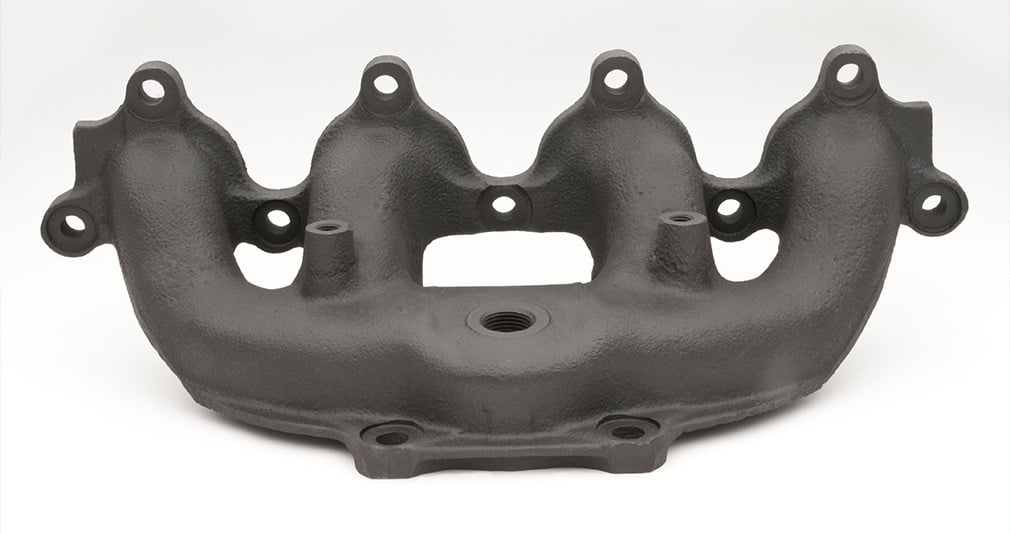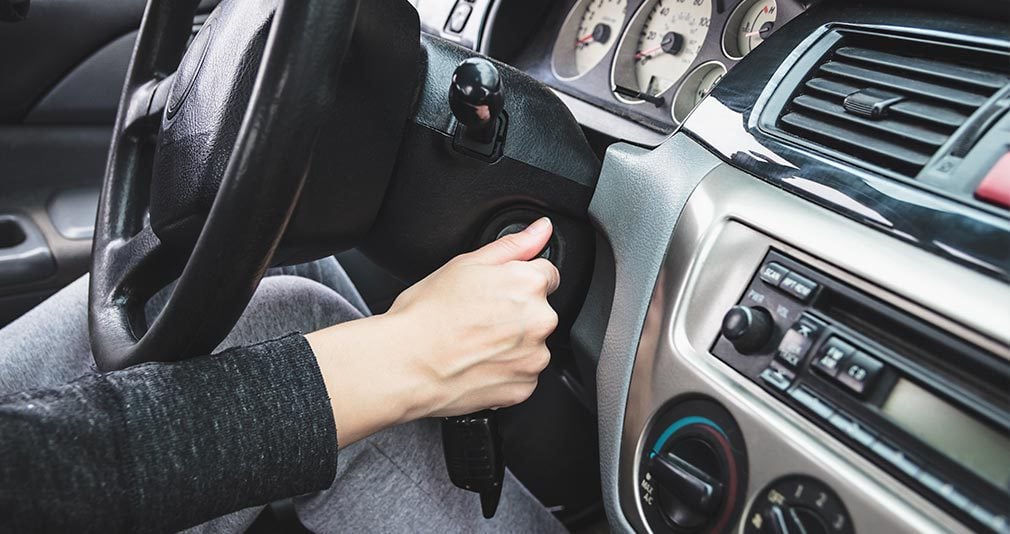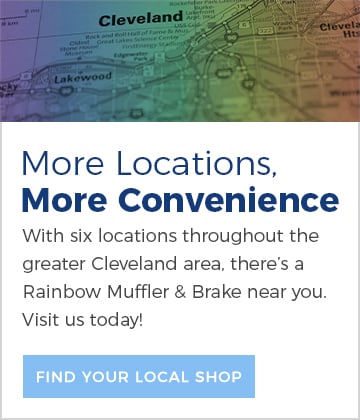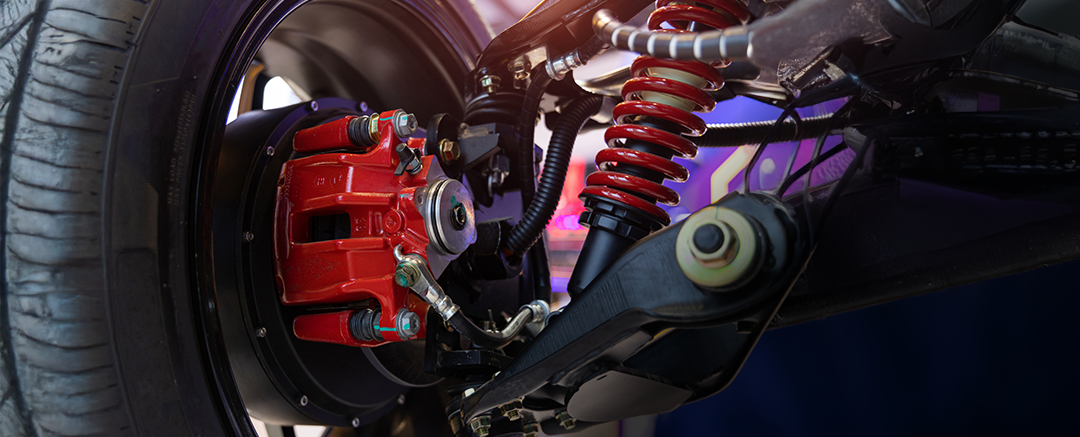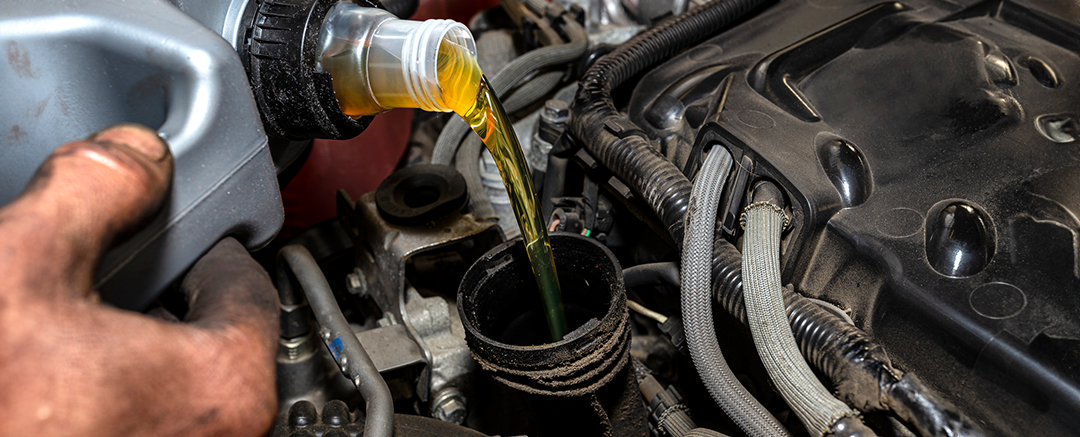Like many other drivers, you probably warm up your vehicle before heading to work or dropping off the kids. It's a common practice (especially in the bitter cold months), but is it good for your engine? We have an answer that might change your morning routine.
Effects on Engine Health
In the 1980s and '90s, the auto industry switched from carburetor engines to fuel injection. With a carburetor engine, it was necessary to warm up the car for several minutes to reach an ideal operating temperature. If you didn't, the carburetor might not get the right balance of fuel and air. This dilemma caused older cars to stall, leaving many drivers stranded on the side of the road.
The auto industry has since introduced electronic fuel injectors, which use sensors to strike the right balance between fuel and air. These sensors help to regulate and monitor engine temperature, thus eliminating the need to warm up your car for longer than a few seconds.
These days, it isn't necessary to warm up the car for more than 30 seconds. In fact, letting the car idle longer than that can have unintended consequences. Oil can be stripped away from the pistons and cylinders, causing unnecessary (and costly) wear and tear.
Many drivers mistakenly believe that oil needs to be heated by idling the engine. This a common misconception, as most oils today can operate in very low and very high temperatures. In fact, many oils can operate at extremely frigid temperatures that rarely occur in most areas.
The best way to regulate engine temperature is by driving your vehicle. Ease into a steady speed and avoid revving the engine right away. Doing so will "warm up" the car in half the time without the associated risks.
If you have an older vehicle (30-plus years old), you might need to continue warming the engine up before driving. For newer models, let this practice go for the long-term health of your engine. Consult your driver's manual to view requirements specific to your car, and follow best practices to maintain your car in the winter.
The Impact on Fuel Costs
Not only is it unnecessary to warm up your car, it also has a negative effect on your gas mileage and wallet. You've probably noticed that warming up the car burns a lot of fuel. That can mean a big chunk of change lost and valuable time spent going to the gas station. In a world where gas mileage is an important concern for drivers, consider that idling your car gets you zero miles per gallon. Just by warming up your car in the morning or in the parking lot at work, you're burning enough gas to travel several miles. That's more noxious emissions in the air and hard-earned money lost. Consider the potential monthly and yearly savings on fuel just by reducing your idle time.
So, Why Do We Idle?
Most drivers warm up their cars to defrost the windshield. Driving with low visibility is a dangerous practice, so idling the car in this instance is understandable. Keep in mind that you probably don't need to defrost for more than a few minutes. After your windshield is clear, turn the car off and restart it when you're ready to leave.
Idling to warm up the cabin interior is also a common practice. However, you've probably noticed that idling doesn't do much to increase the temperature. Instead, your car will get warmer as you drive. In freezing temperatures, the best way to warm the interior is to get moving. Again, start off slow and avoid revving the engine. In extremely frigid conditions, it might be necessary to warm up your car for longer. However, anything longer than a few minutes could do more harm than good. Investing in an engine block heater, however, is also a viable option to help warm your car up quicker.
Many drivers will also leave the car idling on warm days to kick-start the AC. The same risks apply in this situation. It's normal to want cool air flowing, but idling too long can lead to engine damage and higher fuel costs. In fact, it's better to turn the car on for a short while, turn it off, then restart it when you're ready to go. Doing so won't cause harm to the engine or battery, or use more fuel than idling.
Last but not least, many parents keep the car idling while waiting to pick up the kids from school or special events. While you might want your children to enter a nice, comfortable vehicle, consider the emissions put out while idling. More than likely, turning the car off for a few minutes won't have much effect on the interior temperature.
So, how should you proceed tomorrow morning? Make sure your windshield is free of ice and snow, warm up the car for 30 seconds or less and drive away! Your engine, wallet and impatient passengers will thank you.
To learn more about how Rainbow Muffler & Brake can serve as your one-stop shop for your auto maintenance questions and repairs, stop by one of our six Cleveland auto repair shops today.

